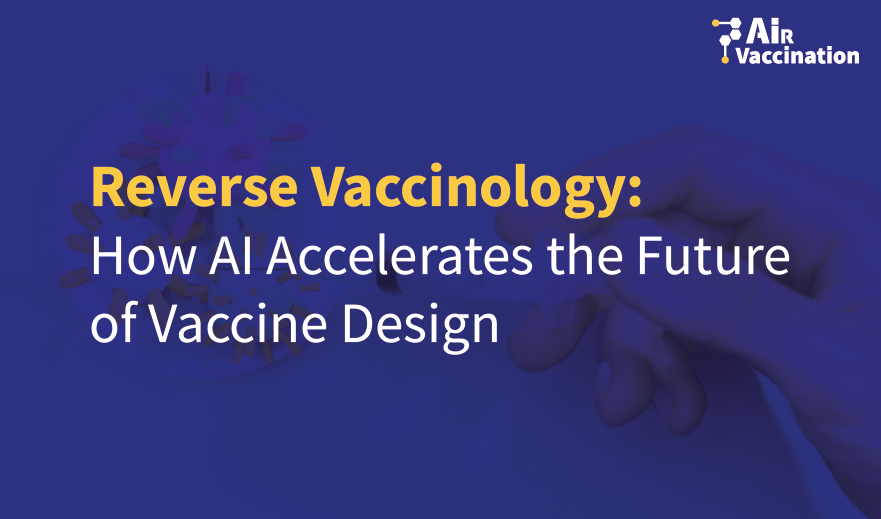Reverse Vaccinology: How AI Accelerates the Future of Vaccine Design
The way we design vaccines is changing dramatically. For decades, traditional methods relied on long laboratory processes: cultivating pathogens, isolating proteins, and testing them until an effective candidate was found. While successful, this approach is slow and resource-intensive.
Reverse vaccinology introduces a radical shift. Instead of starting in the lab, it begins with data and computational analysis — a perfect match for the possibilities of Artificial Intelligence (AI).

What is reverse vaccinology?
Reverse vaccinology is an innovative method that uses genomic data as the starting point for vaccine development. By analyzing the genetic information of viruses or bacteria, scientists can predict which proteins are most likely to trigger a protective immune response.
This approach allows researchers to identify promising vaccine candidates much faster than traditional methods — often in weeks instead of years.
The role of Artificial Intelligence
AI takes reverse vaccinology a step further. Through machine learning, deep learning, and generative AI, algorithms can scan enormous datasets, recognize complex biological patterns, and predict immune responses with remarkable accuracy.
This means:
- Greater efficiency: fewer experiments are needed in the lab.
- Higher precision: candidates are selected with more confidence.
- Faster response: essential in emergencies like pandemics.
Reverse vaccinology in practice
Projects like Vaccination, developed by the AIR Institute, combine reverse vaccinology with advanced AI and high-performance computing to accelerate the vaccine discovery process. This not only reduces costs and time but also enables the development of personalized and sustainable vaccines that adapt better to different populations and health challenges.